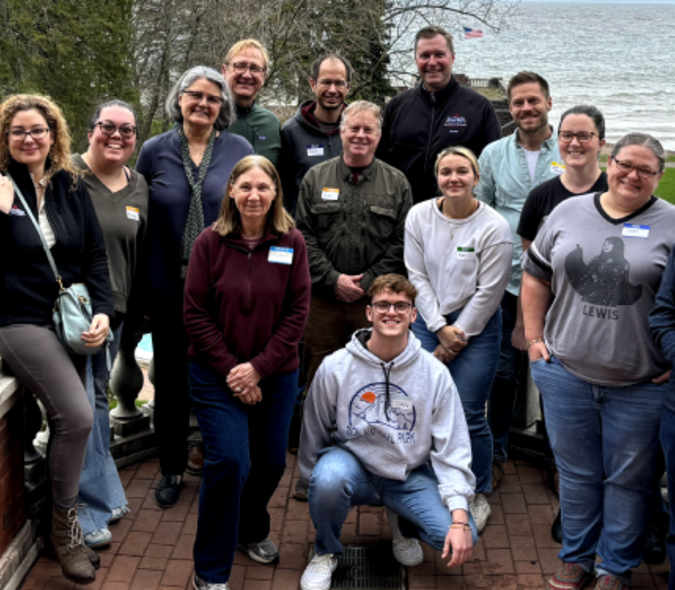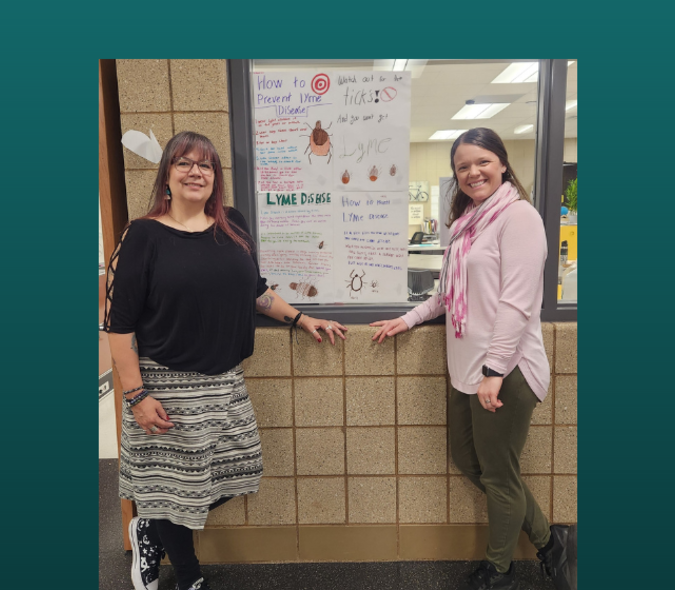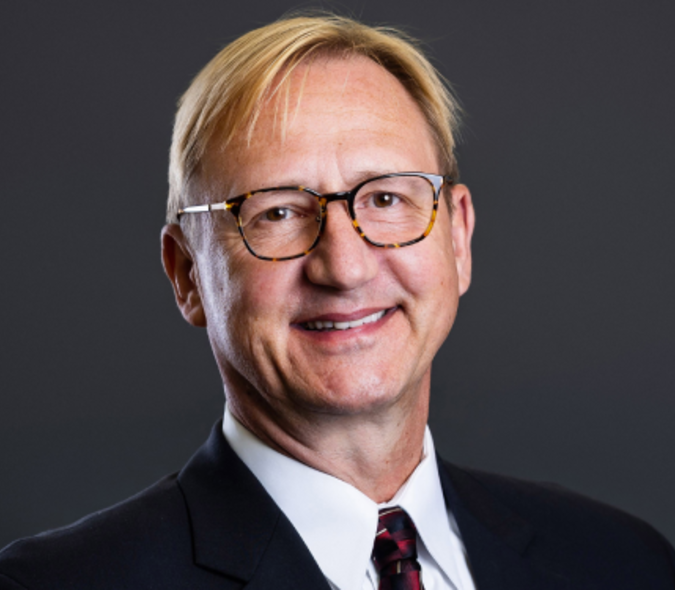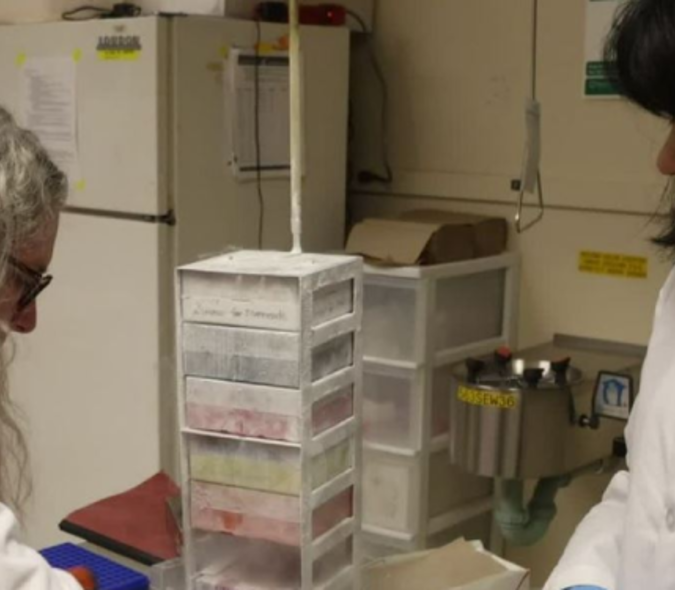
Memory Keepers-Medical Discovery Team award pilot grant to study delivery of geriatric care services in MN
The Memory Keepers-Medical Discovery Team awarded Drs. Emily Onello (PI), MD, Associate Professor in the department of Family Medicine & Biobehavioral Health, Kendra Nordgren (Co-I), PhD, Assistant Professor in the department of Biomedical Science & Assistant Dean of Admissions for the UMN Medical School Duluth Campus, and the late James Boulger, PhD (Co-I), Emeritus Professor in the department of Family Medicine & Biobehavioral Health, funding for their one-year pilot project, titled “Geriatric Primary Care Workforce Outcome from a Rurally Focused Regional Medical School Campus: Characteristics of a Cohort of Duluth Graduates between 2015 and 2019”.
The aim of the project is to study geriatric care services and the preparedness of a cohort of UMN Medical School Duluth graduates to deliver medical and/or dementia care to geriatric patients in Minnesota.
According to the Minnesota State Demographic Center, the total number of older adults (age 65+) is expected to double between 2010 and 2030, resulting in 1 in 5 Minnesotans over age 65 by 2030. Typically, Minnesota’s non-metro counties have a higher proportion of older residents than the Twin Cities area, leading some to say that Greater Minnesota is “greyer” than the Twin Cities metro region. Given these shifting demographics and predicted population changes, communities across Greater Minnesota face an increasing demand for geriatric care services, including medical care. The primary aim of this pilot project is to characterize the physician workforce capable of delivering primary and/or dementia care to Minnesota’s geriatric patients, using a cohort of UMN Medical School Duluth graduates and to further describe the subset delivering this care in rural Minnesota’s communities. A secondary aim is to query this cohort of physicians about their perceived preparedness and capacity to care for geriatric and dementia patients upon completion of their formal medical training (medical school and residency). It is hoped that findings from this pilot project will directly support future research efforts to investigate factors that predict, promote and sustain a physician’s choice to care for geriatric patients in rural communities.



